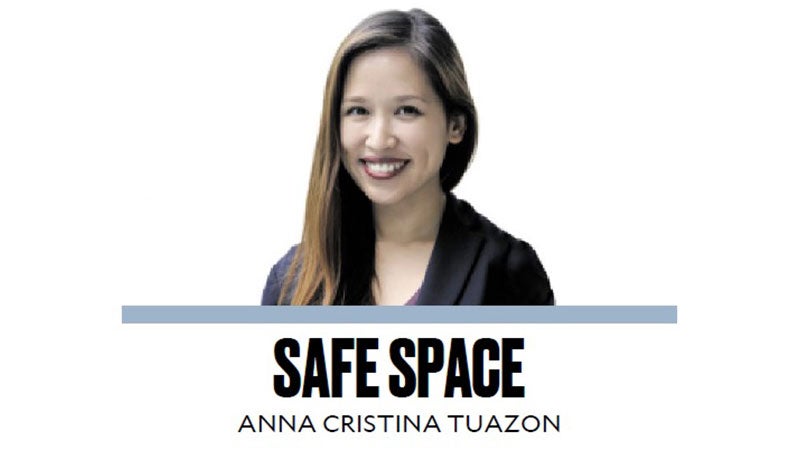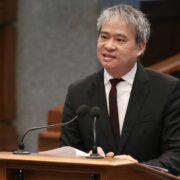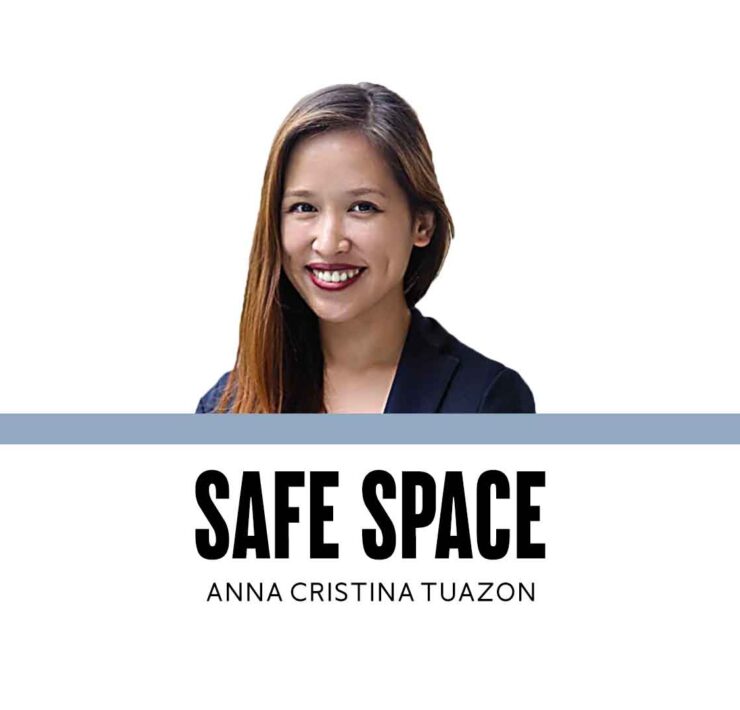Demystifying sex education

Moral panic has descended over Senate Bill No. 1979 or the proposed Prevention of Adolescent Pregnancy Act. Teenage pregnancy in the country is happening at alarming levels. Roughly around 500 teenage girls give birth in the Philippines every day, according to the Commission on Population and Development.
There were 56,428 live births among 10- to 17-year-old mothers in 2020. Earlier in 2017, there were at least 2,000 10- to 14-year-old Filipinas who were pregnant. It must be said that over 60 percent of the identified fathers are in their 20s or older, making these, at the very least, statutory rape cases. What these numbers show is that the lives of teenage girls are being ruined, mostly by adult men, and have to live with the aftermath—child rearing, and stopping education early—for the rest of their lives.
Understanding that we must save the children from the fate of child/teenage pregnancy, the proposed bill outlines both preventive and responsive services and protections. This includes preferential access to proper prenatal and maternal care, encouraging schools to support pregnant teens to continue their education, and education and training for the families. The specific provision that is in much contention, however, is the use of comprehensive sexuality education (CSE) for kids of all ages. Ironically, this is already in place as a directive from the Department of Education (DepEd), though unevenly implemented.
It cannot be ignored that most critics seem to be coming from a religiously conservative background.
Former chief justice Lourdes Sereno uses her legal cloak to insist that the bill is unconstitutional due to the inclusion that the bill is guided, among many others including local and cultural contexts, by “international standards.” She insists that it supposedly encroaches on sovereignty. Again, despite the fact that CSE has already been in place at DepEd for many years.
But mentioning international standards in a bill is not unique to SB 1979. Any policy or law that adheres to the United Nations Sustainable Development Goals, that is guided by international standards. Our Department of Health also closely works with the World Health Organization and willingly works toward international benchmarks for health. As a former chief justice, why cling to this very flimsy legal argument? It seems it is to hide what is, in truth, a purely non-secular motive.
For conservatives to be critical of sex education is not a surprise. What I cannot respect, however, is that they have to resort to blatant lies about the bill to spread fear and moral panic. Make your stance explicit: you do not want children to be learning about sex or to see sex as anything other than a sin. We’ll engage with that. This country has never been known to disregard religious feelings—especially if said religion forms a strong voting bloc. But the fact that you have to lie and state that sex ed class will teach 4-year-olds how to masturbate—now who’s the perverse one?
Critics have also said the bill will alienate parents from their role of teaching children about sex. However, in the 2021 Young Adult Fertility and Sexuality Study by the University of the Philippines Population Institute, only one in 10 youths said they had ever discussed sex at home. Male youths consult their friends, not their parents.
Majority refer to social media for resources. This means that parents do not talk to their children about sex. Instead, they learn it through the internet and through their peers. Just because you don’t talk about sex with your children doesn’t mean they remain ignorant of sex. CSE stems from the perspective that we should be more active in educating them so that they can be properly guided rather than risk them getting misinformed and engaging in risky behaviors.
The President’s recent remarks echo the same falsehoods. Nothing in the bill teaches a child how to masturbate. Nothing in the bill states that children will be encouraged to “try different sexualities.” “To include the so-called ‘woke’ absurdities are abhorrent to me,” the President says, betraying the fact that he has not actually read the bill.
It is clear, with how fast the lies have spread, that none of these critics have ever taken a sex ed class. Back in the ’90s, I remember being taught about sexuality in my fifth-grade science class at St. Scholastica, an all-girls Catholic school. Nothing about it felt titillating, as the visual of our nun teacher talking about nocturnal emissions has made the whole thing decidedly unsexy. And that’s the truth about sex ed. There is nothing sexy about it. It demystifies sex, making us less curious. In fact, because it was discussed in class, I was more likely to come home and discuss it with my parents without stigma.
Education is not loss of innocence. We can protect children’s innocence by giving them proper information and guidance instead of keeping them ignorant and vulnerable.
—————-
aatuazon@up.edu.ph


















